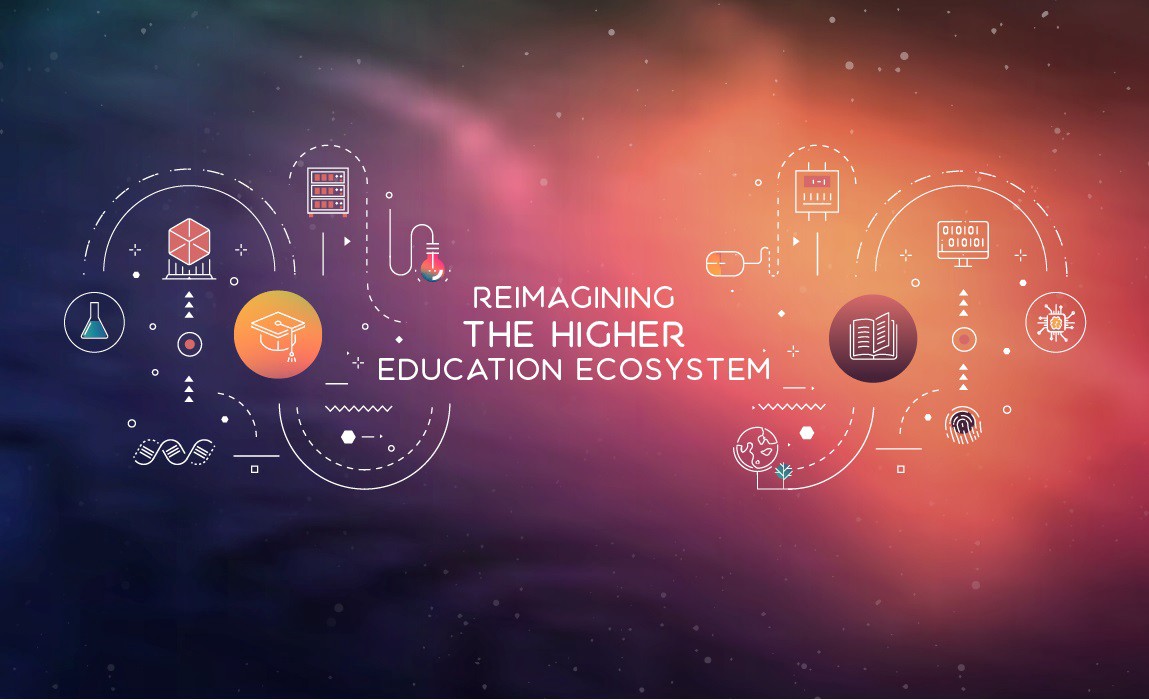Commercialisation of Higher Education in South Africa
South African education policies region priority on addressing historical education imbalances, but have to also be sensitive to the needs of ever-increasing worldwide information-driven surroundings. The educational machine can’t be ruled by way of the wishes of the home instructional system of South Africa ignoring the developments exerted with the aid of the worldwide international. Higher training in South Africa needs to understand that they function and characteristic in an understanding-driven global environment wherein each home and foreign students demand to get entry to the exceptional nice training on the best respectable institutions of higher schooling within the world.

In this regard, most definitions of internationalization of better schooling include the subsequent: “Internationalisation is a system that prepares the network for a hit participation in a more and more interdependent world … The procedure infuses all aspects of the publish-secondary education gadget, fostering international expertise and growing skills for effective dwelling and working in a numerous international” (Francis, 1993 stated by using Patrick, 1997).
The function of higher training in South Africa has to be evaluated considering the re-integration of South Africa into the worldwide community. South Africa turned into swiftly re-included into the arena network by using acquiring almost instant membership of influential international enterprises after 1994. Kishun (1998:59) indicated that South Africa became a member of amongst others the subsequent worldwide institutions: United Nations; Organisation of African Unity; Commonwealth; International Olympic Committee; Federation of International Football Associations; and Lome Convention. Integration of influential international establishments is a necessary but not sufficient pre-situation for internationalization of higher schooling. Sustainable internationalization needs to be intently aligned to the emerging international trends and activities in the training zone.
The data was transformed into opposite classes, namely individuals who agreed with the statements and people who disagreed, allowing the researchers to derive a hypothesized settlement-disagreement distribution. Those who neither agreed nor disagreed were allotted to the disagreement group set giving and predicted confrontation response set of 57% (p=zero.57) and a settlement response set of 43% (q=zero.43). The Binomial check turned into employed to determine whether the located distribution corresponds with the hypothesized distribution the use of an important check degree of zero.05. Furthermore, the extent of agreement or disagreement with the selected aggressive statements and the amplify of agreements between the respondents from the different establishments on the numerous statements have been decided through executing four statistical methods, specifically: ANOVA to compare the approach of respondents from the exceptional establishments; figuring out how a great deal of the notion version can be accounted for with the aid of the effect of the different establishments of better education; figuring out the averages for every strategic measurement to achieve an indication of the extent of settlement with the competitive statements; and figuring out the usual deviations to attain an indication of the enlarge to which consensus exists inside the sample.
Findings
With regard to the strategic competitiveness of South African establishments of better schooling to interact in a seamless community the respondents had been of the opinion that South African institutions of higher schooling supply low priority to attract foreign students are not widely recognized for attracting foreign students, are not actively involved in change programmes of students and lecturers, and do not have energetic engagements or agreements with other tertiary institutions, businesses and groups.
On the issue of institutional competitiveness, the majority of respondents have been of the opinion that institutions of better education in South Africa have the capability to attract best college students, does now not have an worldwide pupil lifestyle, offers qualifications which are internationally generic, can declare international reputability on post-graduate degree, gives aggressive lessons expenses, deliver research outputs which can be the world over-identified, and are not without problems on hand.
In terms of product competitiveness most people of respondents indicated that institutions of better education in South Africa have lively orientation programmes to familiarise overseas and home students with the institutions, provide safe and comfortable mastering environments, provide leading facts generation for educational growth and excellence, do not easily adapt to the want and desires of students, and provide convenient carrier packages to students.
With regard to tactical competitiveness institutions of better schooling in South Africa have the ability to collect a degree or degree imparting that meets or exceeds international standards in terms of offering concern content material of worldwide preferred, having across the world acclaimed team of workers, aggressively marketing its qualifications across the world, claiming global ideal via-put, and having perfect furnish and mortgage schemes on hand to college students.
Conclusion and Recommendations

The majority of respondents are in agreement that institutions of better education in South Africa are able to compete internationally on the four aggressive dimensions (strategic, institutional, tactical and product). Internationalization calls for that establishment of better training in South Africa should emphasize a rather loosening of the relationship with Government, despite the paradoxical want to create new transformational bodies to deal with the imbalances of the beyond. Internationalization of better schooling implies that internationalized institutions function on new extraordinary ordinate tiers which have its own felony, administrative and revenue-elevating powers.